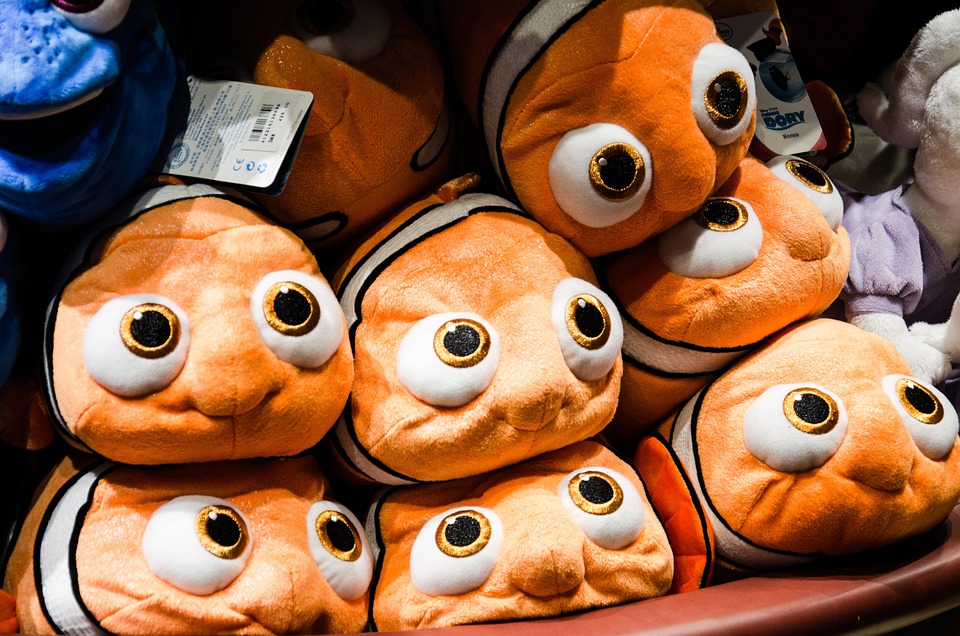Keeping fish in aquariums is a popular hobby, but it comes with its challenges, especially when it comes to maintaining the health of your aquatic pets. One of the key factors in safeguarding your fish against diseases is the efficient removal of organic waste and harmful substances from the water. This is where protein skimmers play a crucial role. In this article, we will explore the science behind disease-resistant protein skimmers and how they can benefit your fish tank.
Protein skimmers, also known as foam fractionators, are filtration devices commonly used in marine aquariums. They are designed to remove dissolved organic compounds, proteins, and other waste materials from the water column, thus improving water quality and reducing the risk of diseases. Understanding how protein skimmers work and their importance in maintaining fish health is essential for any fish tank enthusiast.
A protein skimmer operates by creating a large amount of fine bubbles in a reaction chamber. As these bubbles rise to the surface, they collect and carry the organic waste and other substances with them. These waste materials adhere to the surfaces of the bubbles, forming a foam or froth. The foam is then collected and removed from the system through a collection cup.
The removal of organic waste is crucial for maintaining fish health. Decomposing organic matter in the water can lead to the release of harmful substances such as ammonia and nitrites, which can be toxic to fish. By efficiently removing these waste materials, protein skimmers help prevent the build-up of harmful substances in the aquarium.
Disease-resistant protein skimmers take the filtration process a step further by incorporating advanced mechanisms and technologies that enhance their effectiveness. These skimmers often utilize antibacterial materials or coatings that prevent the growth of harmful bacteria within the skimmer. By inhibiting bacterial growth, disease-resistant skimmers reduce the risk of bacterial infections in the aquarium.
Additionally, some disease-resistant protein skimmers utilize UV sterilization technology. This technology exposes the water passing through the skimmer to ultraviolet (UV) light, which effectively kills bacteria, viruses, and other pathogens. UV sterilization can greatly reduce the transmission of diseases and promote a healthier environment for your fish.
The benefits of disease-resistant protein skimmers are numerous. By improving water quality and reducing the risk of diseases, these skimmers contribute to the overall well-being and longevity of your fish. Additionally, disease-resistant skimmers can save you money in the long run, as they help minimize the need for medications and treatments to combat diseases.
When selecting a protein skimmer for your fish tank, consider the size of your aquarium and the specific requirements of your fish. It is recommended to choose a skimmer that can process at least 1.5 to 2 times the total water volume of your aquarium per hour. Regular cleaning of the skimmer is also essential to maintain its efficiency, but be cautious not to disrupt the beneficial bacteria colonies that aid in waste breakdown.
While protein skimmers are primarily designed for saltwater aquariums, there are models available that can be used in freshwater setups. However, the necessity for protein skimmers in freshwater tanks is generally lower due to lower waste production and dissolved organic content.
In conclusion, investing in a disease-resistant protein skimmer is a wise choice for any fish tank enthusiast who prioritizes the health and well-being of their aquatic pets. By understanding the science behind these skimmers and their benefits, you can make an informed decision to promote a disease-resistant environment for your beloved fish. Remember to choose a skimmer that suits your tank’s needs and consult with experts if you are unsure about any specific requirements. Happy fishkeeping!









